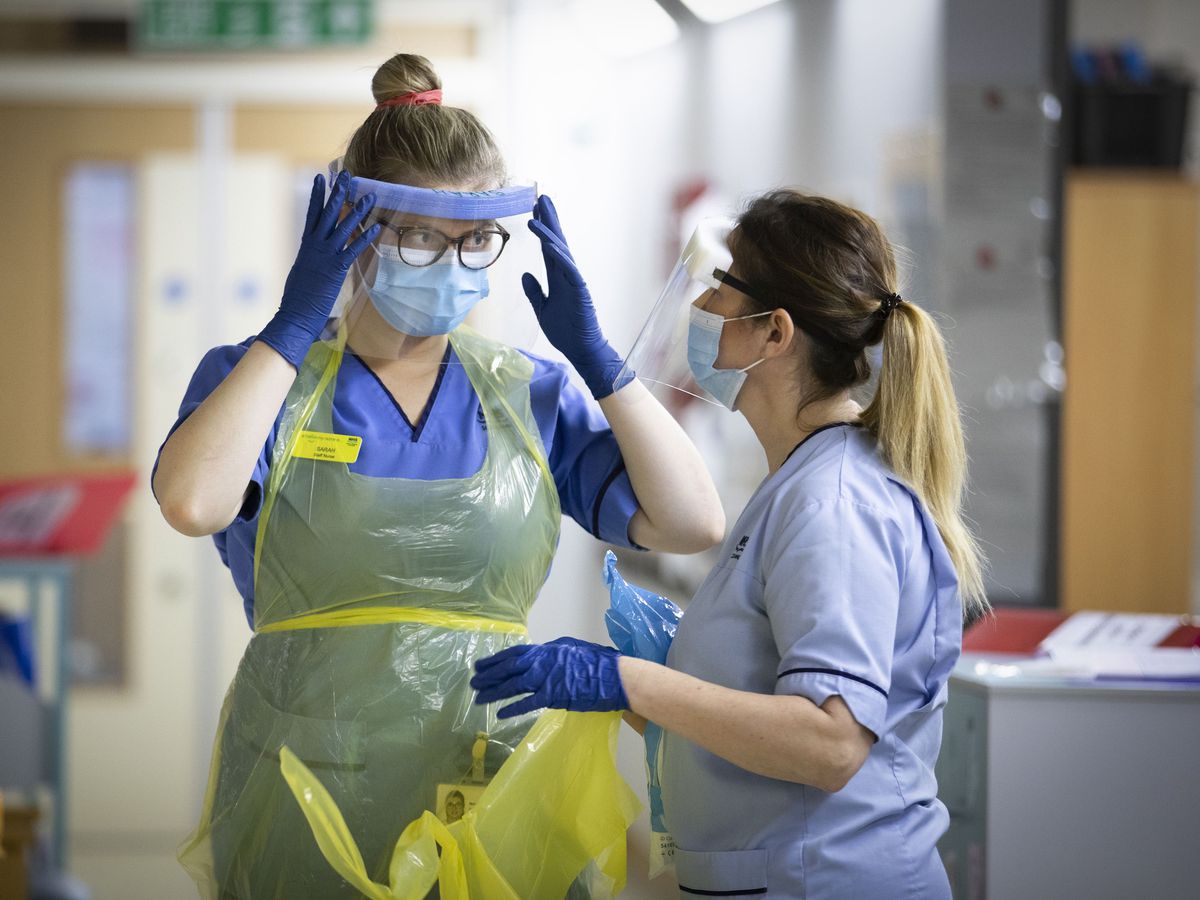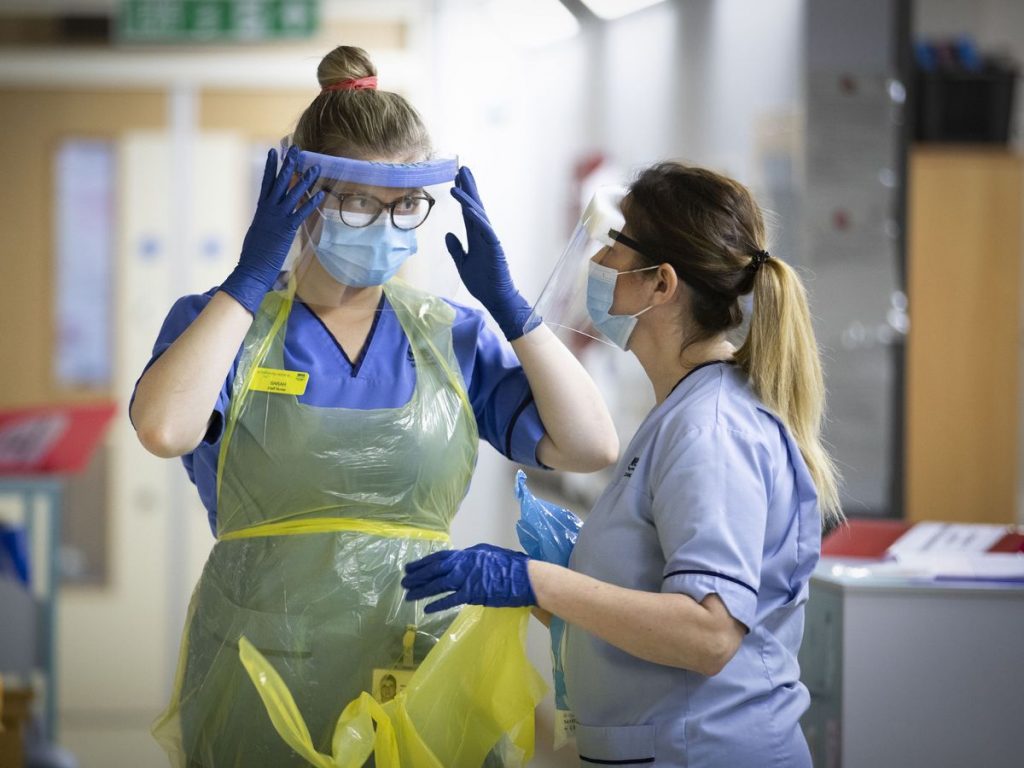Shortages of staff and testing kits have left the NHS stretched thin, as Covid-19 cases continue to rise across Britain. 18,820 NHS staff were off work last week (beginning 20th December) either with Covid-19 or displaying symptoms. Staffing shortages such as these cause longer waiting times, and leaves the NHS vulnerable in face of the latest coronavirus wave.
Current government guidelines prioritise health and care staff in the use of lateral flow, and polymerase chain reaction (PCR) tests, yet the availability of such tests has been inconsistent, making regular testing difficult to maintain.
Chief of NHS Providers, Chris Hopson, argues: “Given the current pressures on the NHS due to staff absences, it’s vital that NHS staff get prompt access to the tests they need to ensure they can return to work as quickly as possible. Government, national NHS leaders and local NHS leaders, some of whom operate PCR testing capacity, need to work together rapidly to identify and resolve any issues including looking at whether we need to reserve dedicated testing capacity for NHS staff for a period.”
It is not just for health staff that test availability has been hit and miss, but for the public as a whole. Leyla Hannbeck, chief executive of the Association Of Independent Multiple Pharmacies, told BBC Radio 4: “Every five minutes, approximately, somebody comes into the pharmacy and asks for tests. But unfortunately because of the issues around supply being patchy and inconsistent it means that those who come forward for the test don’t always get it, which is very stressful not just for the pharmacy but also for the patients.”
With these supply issues, members of the public may be unable to test as regularly as they should, and not become aware they were carrying Covid-19 soon enough to avoid passing it to co-workers, or their family, or their classmates.
The failure of an organised government plan for effective testing provision hurts the NHS on two fronts. It both hinders the NHS’ capacity to deal with patients, and creates more patients by worsening the spread of coronavirus. With less staff available and a greater influx of patients, lower priority treatments get pushed further and further back.
Since the start of the pandemic, the NHS waiting list has risen by 1.4 million people, to 5.8 million. Even urgent referrals have been delayed, with figures from October showing over 4,400 cancer patients waited more than two months before treatment, following an urgent refferal by their GP.
Mandy Jones is Deputy Director of Nursing at Betsi Cadwaladr University Health Board, which covers NHS services in the north of Wales. She explained, “we constantly have to risk assess continuously, hour by hour, day by day, as to what services we can provide. We have to rely on staff doing additional shifts, overtime and also the use of temporary staffing workforce, which we’re very very grateful of but we would not be able to maintain emergency and urgent services without our phenomenal staff. It is a challenge, and a lot of staff including myself and my team included are tired. People are tired.”
Philip English, is a member of the YCL’s Birmingham branch




